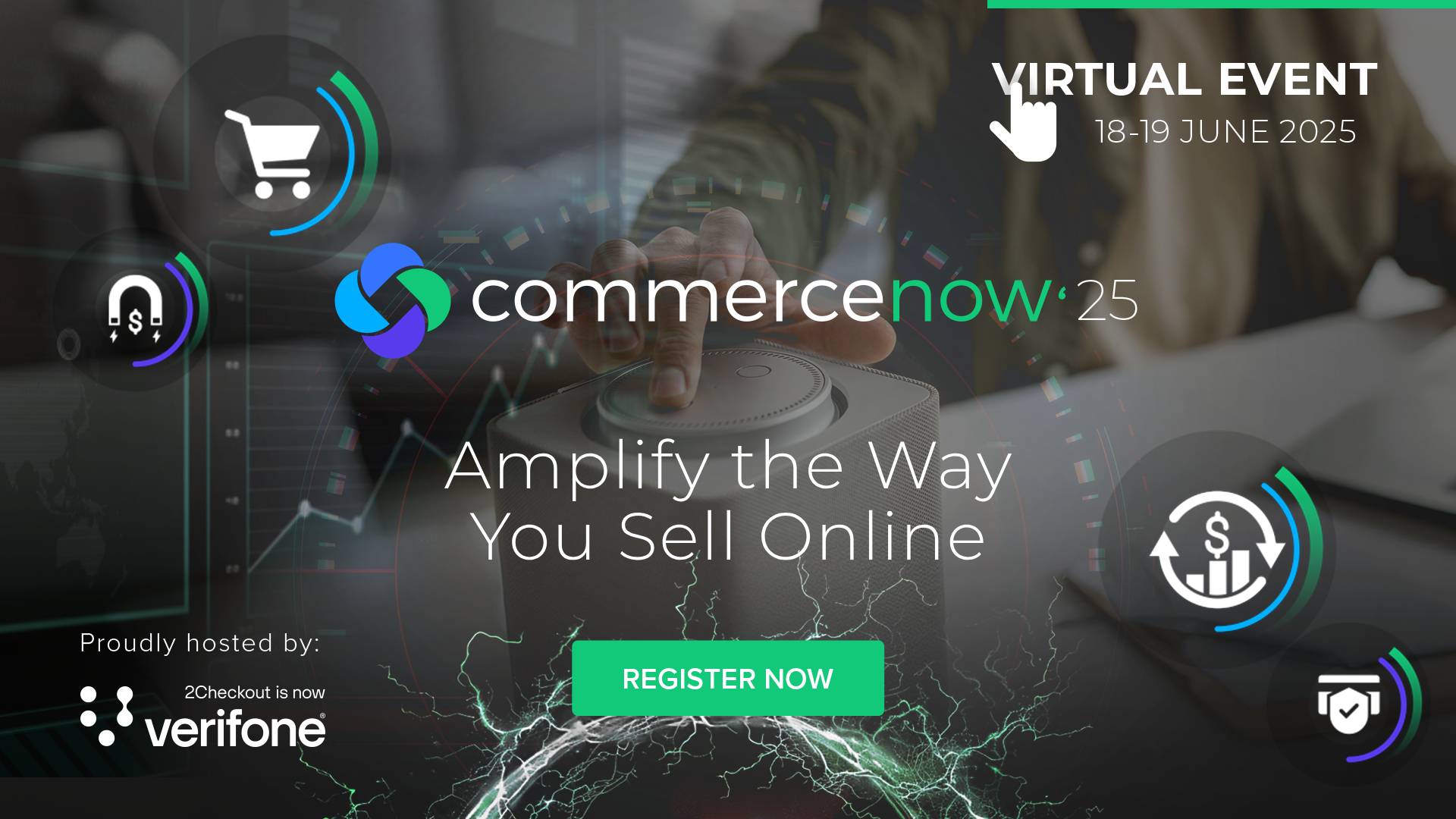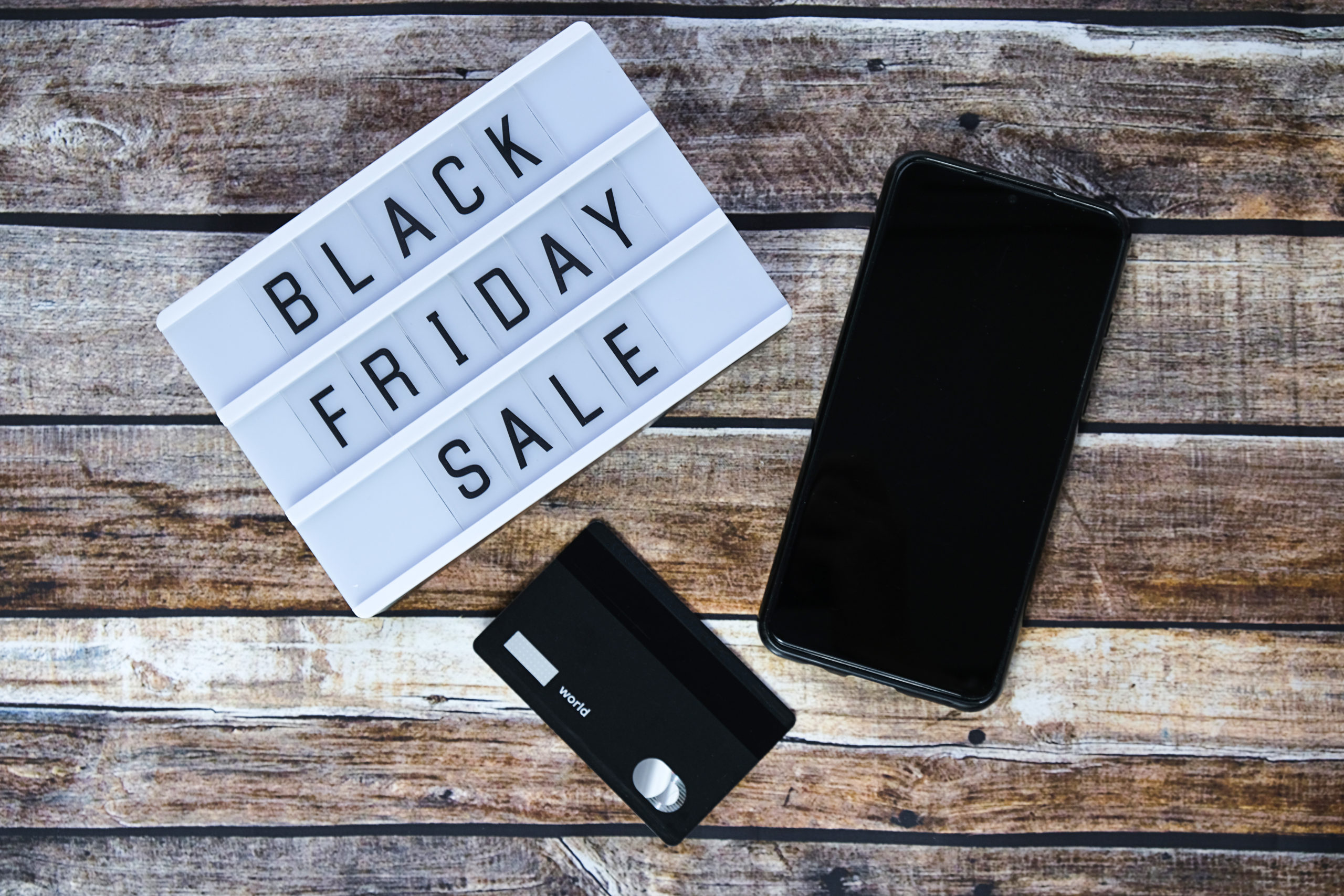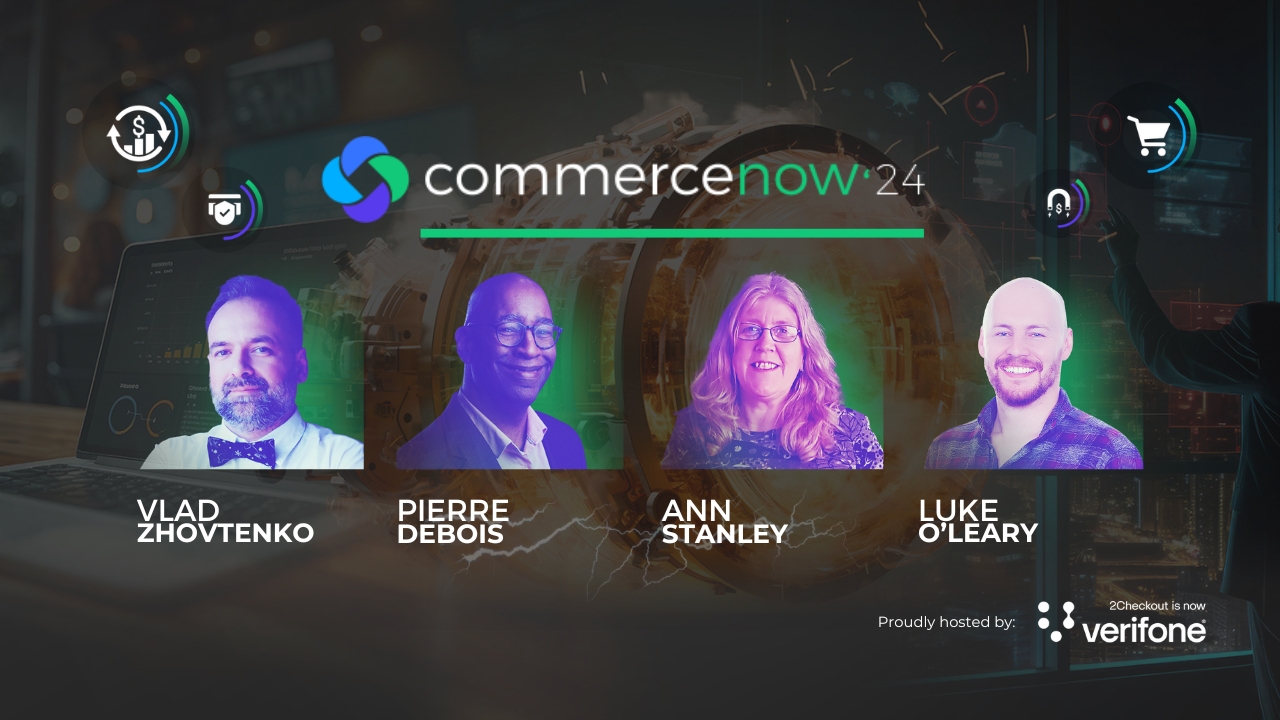Trends in marketing come and go so fast we can sometimes barely keep up with the latest buzz, but one that’s has been around for a while is still going strong: influencer marketing. No matter the focus of your online business, there are probably influencers who want to work with you—if you know the right way to approach them.
Influencers are not just people with a big social media following, an impressive engagement rate and lots of fans, generally speaking. They are professionals who’ve managed to form their own communities, and they’ve put a lot of work into this. Influencers also have the power to shape thoughts, spark movements and inspire ideas. They keep their community engaged by sharing bits of their professional experience, giving advice and promoting things their followers might be interested in.

While some influencers are experts in broader areas, such as tech, payments and digital marketing, others are viewed as authorities on more specific topics (SaaS, SEO, content marketing or copywriting, just to name a few).
There’s a common misconception that influencer marketing works better for B2C companies than B2B ones. Well, that’s not the case anymore. These days, lots of B2B companies use influencer marketing as a way to gain credibility, establish themselves as thought leaders, promote product launches and reach their target audience more directly.
So, yes, influencer marketing is just as effective for B2Bs as it is for B2Cs, if it’s done right. It’s very important to measure the success of your B2B influencer marketing strategy by setting realistic goals that align with your overall objectives and tracking the metrics that matter the most for you.
Tapping into influencer marketing is not rocket science, but it could help skyrocket your conversions—as long as you’re working with the right people.
According to Invesp, influencer marketing delivers 11X greater ROI than traditional forms of digital marketing, so this acquisition channel is definitely not to be ignored.
After setting your goals, start doing research to build a list of influencers in your niche. And ask yourself: Is this person likely to work with me and would it be an effective collaboration?
How do you choose influencers who’ll want to collaborate with your business? Glad you asked. There are some specific factors or metrics you should consider when picking the influencers you want to work with:
- Engagement rate – are people engaging with the content the influencers are putting out there? And are they engaging in a positive way with that particular influencer? If the answer to both questions is “yes,” then you’re one step closer to working with that person. Engagement rate is important because you don’t want to put branded content out there and act all spammy, but rather “blend in” and get in front of your audience in a natural way.
- Quality of their content – is the content your target influencers choose to share with their audience high quality and relevant to your brand? If the answer is “yes,” figure out if that content is truly authentic. Look at how in-depth the advice is, the validation for the arguments made, and if they are saying something new and valuable, to find out if the influencer is indeed a subject matter expert.
- Social following – this can be a vanity metric, as there are influencers with a small following but high engagement, resulting in a higher conversion rate than the influencers with lots of followers who aren’t as engaged. So, if you want to consider social following in your decision, you can, but don’t rely solely on this metric. You should also check whether your target influencers are mentioned by other thought leaders in the industry, to see if they are truly relevant in your niche or not.
- Domain authority – if the influencer’s website ranks high in organic search results, then they must be doing something right and their content is appreciated by the audience. So it’s obvious that a brand would want to associate with them.
Using a tool like BuzzSumo can save you some of the hassle of this extensive research, as it tells you much of what you need to know to decide faster. BuzzSumo also provides a way to reach out to influencers and engage with them, in case they lose track of their emails and direct messages.
What social media channels work best for B2B influencer marketing?
Unless you’re feeling really confident and creative about your efforts, stay away from Instagram, YouTube, Google+ or Snapchat. You can’t rely on consumer-oriented social media networks to promote your brand, especially in the B2B environment.

Think about scrolling through Instagram until you see a “shoppable” post featuring a product you like. You click on it and it leads you to a page where you can buy that product in just a few seconds. Well, in B2B, things just don’t work that way. First of all, you don’t decide by yourself, on a whim, to buy specific ERP software for your company. Even after you decide to buy a B2B product, it takes time to complete the sale and start using what you bought.
LinkedIn, Twitter and Facebook are the most effective social media networks for B2B companies, so you should focus your influencer marketing strategy on these channels.
When you choose your influencers, look at their social media profiles to understand their tone of voice, activity and relevance to your niche. These details will help you decide who to collaborate with and on what channels. You can also mix it up and work with some influencers on LinkedIn and others on Twitter, for example.
After you’ve chosen your influencers and channels, start building relationships with them. It’s important for you to know if these influencers manager their own accounts, if they check their profiles regularly, or if they just schedule posts and call it a day. See if they answer the questions they receive on social media, if they retweet a lot and if they ask questions. Chances are, if they’re truly interacting with their followers, they’ll also interact with you.
Influencer marketing strategies you can try out
If you don’t know which influencer marketing strategy to pick, these are some of the most common approaches in B2B:
Ask for a shout-out
A simple brand mention is always welcome, especially from an influencer with thousands of social media followers, because it will increase your brand awareness. This is a great way to reach new people, engage with them and spark interest in your products.

Guest blogging
This is an efficient way to take advantage of a high domain authority blog or website. It will help with your link building and SEO strategy and catapult you in front of people who have a genuine interest in your products. You can also ask influencers to guest post on your blog and promote that content on social media. If you want your message to be well received, don’t use blog posts to promote yourself in an obvious way. My advice is to create informative and valuable blog posts if you want to increase your brand’s visibility.
Create content together
Don’t limit yourself to blog posts. If you’re running a video series, ask influencers to make an appearance in some episodes. Or, when you’re writing a blog post or eBook, reach out to influencers and ask for their expert opinions. They will gladly share a trick or two if you quote them. You can also host webinars or Twitter chats together: the options are pretty much endless.
Ask them to speak at your event
If you are hosting events, online or off, you should definitely include influencers in your line-up. Besides the fact that they will boost your promotion efforts and increase your event’s visibility, they will also bring their knowledge to the table. Inviting influencers to your event might also gain you some media coverage and additional leads, so what are you waiting for?
Social media takeovers
You’ve probably seen a lot of these lately, and they can be very effective. Giving an influencer access to your social media accounts is a great way to increase your following. They can post on your behalf, creating new content for you while also expanding your reach and engagement.
Offer free trials or discount codes
Assign each influencer a unique code to share with their followers and the leads or sales should start coming in. Of course, in B2B, the buying decision is more complex, as it involves more people coming to an agreement, so you have to be patient. But at the end of the day, you’ll definitely get new prospects this way.
Link sharing
This is an effective method to promote your content and improve your domain authority. Link to each other’s websites in the content you’re creating, if you cover similar topics, and promote each other’s work on social media. Also, provide influencers with trackable links to see how they are performing in terms of website visits and conversions.
When recruiting influencers, remember to listen first before you ask. It’s extremely important to spend time getting to know your influencers, their interests, what they like and dislike, in order to personalize your message towards them and get their positive attention.
Reach out to influencers and recommend your own content to them if it’s similar to what they’re already sharing, then retweet and share their posts. In other words, try to engage with influencers as much as possible upfront, to establish a relationship with them before you ask for their help. This can lead to a strong influencer marketing partnership.
When done right, influencer marketing can be an effective strategy for B2B companies to generate leads, build brand awareness and establish valuable networking relationships. Focus on generating value that will build long-term relationships with your audiences.
Have any influencer marketing tips you want to share? Drop a line below, we’d love to hear your thoughts!





